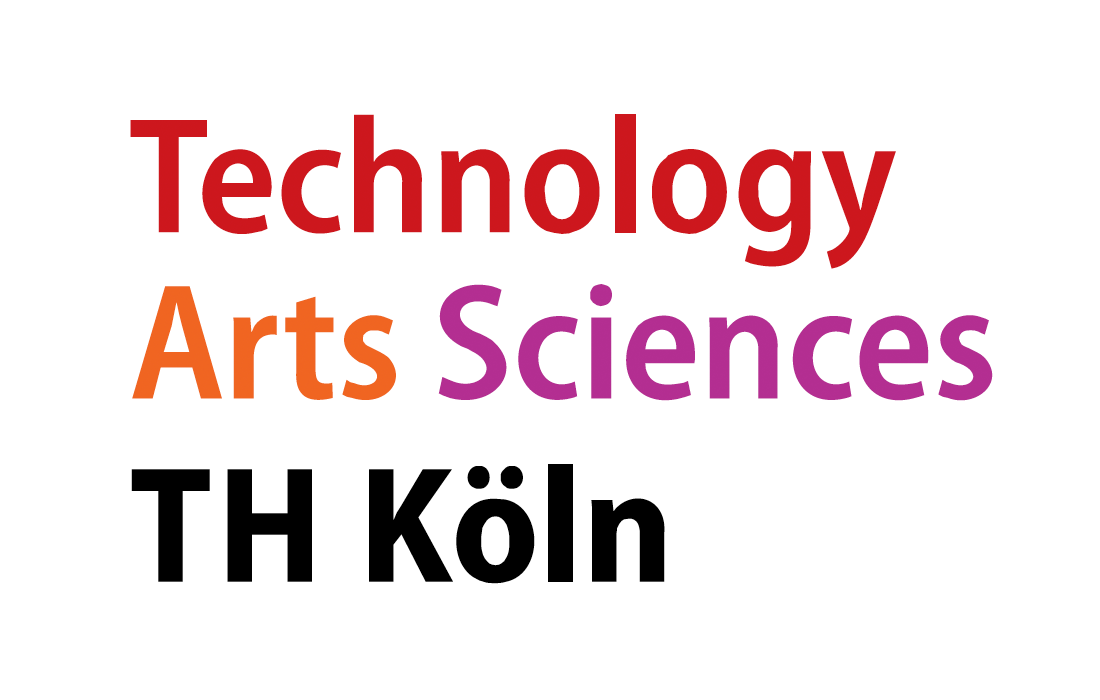Beitrag zu Handlungsfeldern
Nachfolgend ist die Zuordnung des Moduls zu den Handlungsfeldern des Studiengangs aufgeführt, und zwar als anteiliger Beitrag (als ECTS und inhaltlich). Dies gibt auch Auskunft über die Verwendbarkeit des Moduls in anderen Studiengängen und über die Beziehung zu anderen Modulen im selben Studiengang.
| Handlungsfeld |
ECTS (anteilig) |
Modulbeitrag zum Handlungsfeld |
| Generating and Accessing Knowledge |
3 |
In this seminar students will work on the most recent trends and topics related to Knowledge Discovery.
|
Learning Outcome
Knowledge Discovery describes the process of automated searches for patterns in large amounts of data that can be regarded as knowledge about the domain and use cases under investigation. These usecases can originate from fields like business, economics, social sciences and many other. Ideally knowledge discovery takes advantage of structured data (e.g. customer data, buying behavior, etc.). Most often only unstructured heterogeneous data is available. Therefore knowledge discovery can be seen as a holistic apporach to generate knowledge from unstructured data and information sources. The methods and approaches have evolved from data mining and are closely related to it both methodologically and terminologically. This process generates an abstraction of the input data, which in turn can lead to new data, information and knowledge.
In this seminar students will work on the most recent trends and topics related to Knowledge Discovery. They will read recent scientific papers in the field to get to know the current state-of-the-art. By analysing the state-of-the-art they will and later presenting the results of this analysis they will learn and practice how to communicate and discuss on these topics
The independent acquisition of specialized knowledge is a core competence of a Master’s student. Reading, analysing, generating a comprehensive overview and finaly presenting and discussion the results of this knowledge aquisition is transferable to all other areas of research and a cornerstone of scientific work.
Inhaltliche Beschreibung des Moduls
- Data acquisition including crawling and scraping
- Data preparation including cleasing, reduction and extraction
- Relevance evaluation
- Ranking by relevance criteria
- Modern modelling techniques like specialized word embeddings, deep sequence modelling (LSTM, GRU, transformer-based models)
- Meetings to present and discuss papers
Zur Verfügung gestelltes Lehrmaterial
- List of selected literature and web resources
Weiterführende Literatur
- Chengxiang Zhai and Sean Massung (2016): Text Data Management and Analysis: A Practical Introduction to Information Retrieval and Text Mining. Association for Computing Machinery and Morgan & Claypool. https://doi.org/10.1145/2915031
